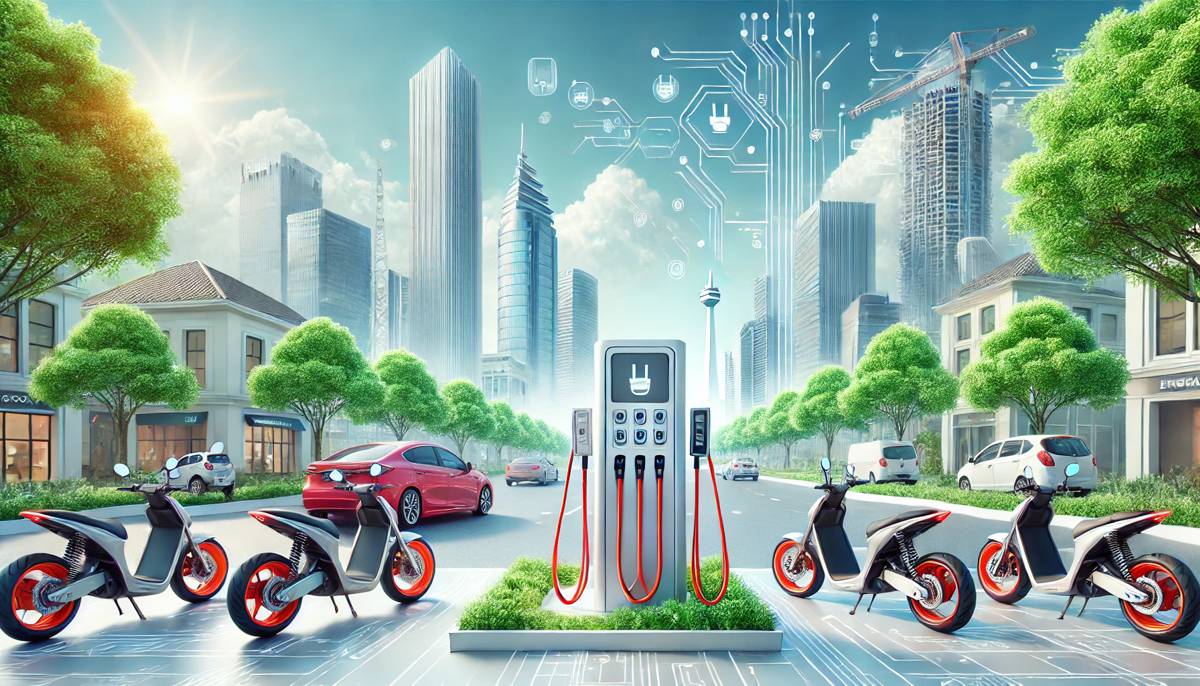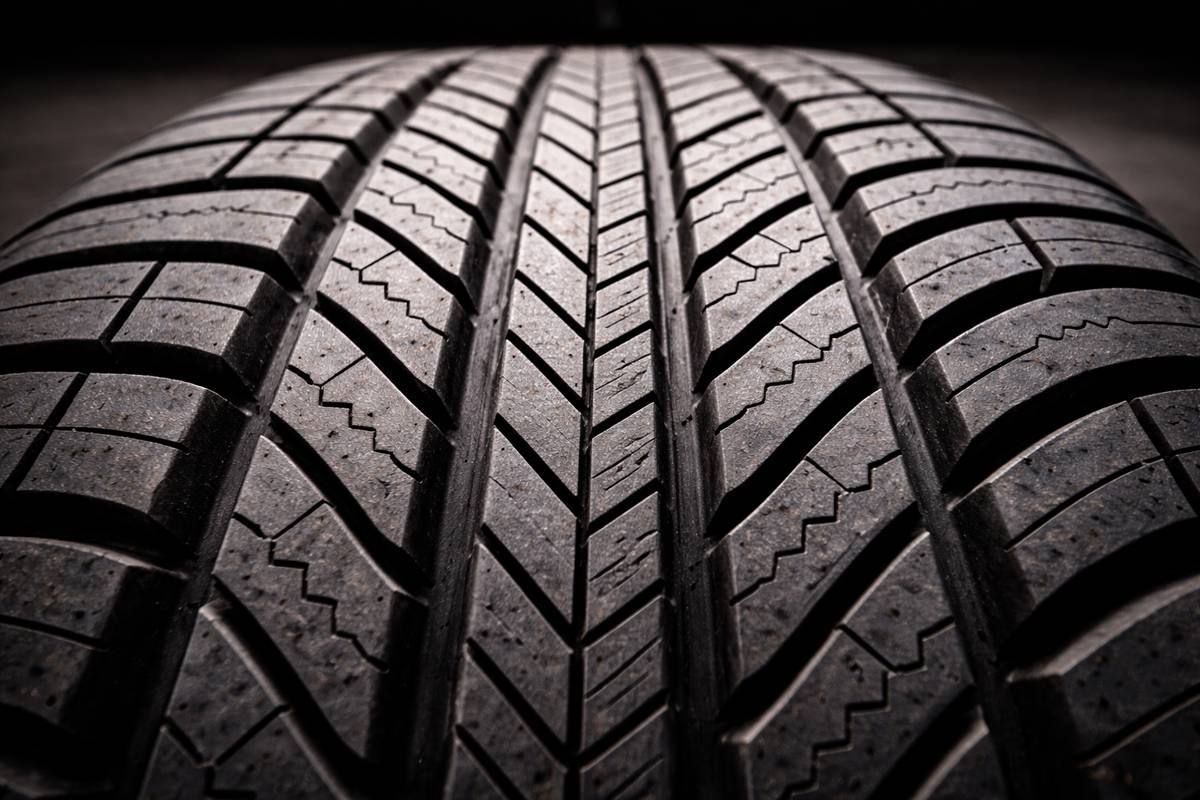ADB and TBS Energi Lead the Charge for Sustainable Transport in Indonesia
Indonesia’s transportation sector is about to take a significant leap into the future of sustainable mobility.
The Asian Development Bank (ADB), in collaboration with PT TBS Energi Utama Tbk (TBS), has signed a ground-breaking $10 million financing deal to accelerate the adoption of electric motorcycles (e-motorcycles) and battery-swapping stations (BSS). This initiative is set to redefine transportation in the region, slashing greenhouse gas emissions while addressing key challenges that have long hindered the growth of e-mobility.
A Decisive Step Towards Greener Roads
The financing package includes a $5 million loan from ADB and a matching $5 million from the Australian Climate Finance Partnership (ACFP), a fund managed by ADB. These investments will be channelled through TBS’s subsidiary, PT Energi Kreasi Bersama (Electrum), to procure electric motorcycles and establish an extensive network of battery-swapping stations.
This ambitious project has the potential to cut annual greenhouse gas emissions by at least 123,000 tonnes—a significant contribution for a country with Southeast Asia’s largest automotive market. With over 148 million motorcycles dominating Indonesia’s roads, the transition to e-motorcycles could mark a pivotal shift in the nation’s environmental trajectory.
Suzanne Gaboury, ADB’s Director General for Private Sector Operations, noted: “Indonesia is rapidly urbanising and witnessing a surge in private vehicle ownership, particularly motorcycles. By working with TBS, ADB aims to increase the reliability of e-motorcycles and expand sustainable transport options for Indonesians.”
Overcoming Barriers to E-Mobility
One of the largest hurdles in adopting electric vehicles globally, especially in emerging markets, has been their high upfront costs and limited infrastructure. Electrum is tackling these challenges head-on by creating a robust ecosystem for e-mobility.
Pandu Sjahrir, Co-CEO of TBS, highlighted the company’s vision: “This collaboration with ADB accelerates our efforts to redefine transportation in Indonesia. Through Electrum, we aim to address key barriers such as affordability and range anxiety, delivering eco-friendly and sustainable mobility solutions that truly meet public needs.”
Battery-swapping stations are a key part of this plan. By allowing users to quickly exchange depleted batteries for fully charged ones, TBS aims to eliminate concerns over range and charging times—two of the biggest obstacles for widespread e-motorcycle adoption.
The Broader Impact of ACFP and ADB’s Vision
The Australian Climate Finance Partnership, which contributed $5 million to the initiative, is funded by a substantial A$140 million commitment from the Australian Department of Foreign Affairs and Trade. Its mandate goes beyond just climate action, aiming to create better economic opportunities for women and girls across the Pacific and Southeast Asia.
This initiative isn’t just about reducing emissions; it’s also about fostering inclusivity and resilience in the region. By providing financing for private-sector climate projects, ACFP and ADB are setting a benchmark for other nations looking to adopt green technologies.
ADB, established in 1966 and owned by 69 members, continues its mission to build a prosperous, inclusive, and sustainable Asia and Pacific region. Its focus on eradicating poverty and promoting environmental sustainability makes it a critical partner in global development.
Why Indonesia’s Automotive Sector Needs a Transformation
Indonesia’s reliance on two-wheelers is staggering. Of the 148 million motorcycles on its roads in 2022, only 26,000 were electric—a mere drop in the ocean. Given that road transport is one of the largest contributors to greenhouse gas emissions in the country, the current figures are unsustainable.
Rapid urbanisation has exacerbated the issue, with private vehicle ownership climbing at unprecedented rates. If unchecked, this trend could lead to even greater environmental and economic challenges. Projects like Electrum’s e-motorcycle initiative are crucial for turning the tide.
ADB’s involvement is particularly significant as this is its first private-sector financing in Indonesia’s e-vehicle industry. The project’s success could act as a catalyst, encouraging further investments and proving the commercial viability of sustainable transport solutions.
Pioneering Sustainability in Indonesia
PT TBS Energi Utama Tbk is no stranger to innovation. With a diversified portfolio spanning waste management, renewable energy, and electric vehicles, TBS has established itself as a leader in sustainability.
In 2021, TBS launched Electrum, focusing on e-motorcycle production, battery technology, and charging infrastructure. The company’s vision goes beyond profit—it’s about building a cleaner, more resilient future for Indonesia.
As Sjahrir aptly puts it: “Electrum is more than just a business; it is our commitment to building a cleaner and more resilient future for Indonesia.”
A Blueprint for Sustainable Mobility
This initiative isn’t just a win for Indonesia; it’s a potential game-changer for other developing nations facing similar challenges. By addressing affordability, infrastructure, and public perception, the ADB-TBS partnership offers a scalable model for sustainable transportation.
Indonesia is taking bold strides towards a greener future, and this collaboration is proof that public and private sectors can work hand in hand to achieve transformative results. As the country inches closer to its climate goals, the ripple effect of this project could inspire similar initiatives across the globe.





























